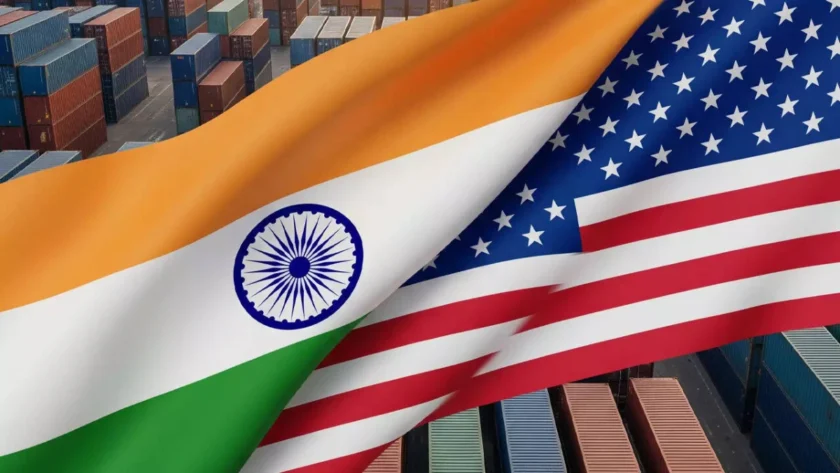WASHINGTON: Elon Musk has long positioned himself as a vocal critic of U.S. government oversight, arguing that Tesla’s progress in autonomous driving and electric vehicle technology has been hampered by regulatory scrutiny. However, with Musk’s close alignment with President Donald Trump, many of these regulatory hurdles may soon be relaxed, potentially paving the way for Tesla to capitalize on a more favorable business environment.
Regulatory Challenges Easing Under Trump
Trump’s administration has been swift in targeting government regulations, dismissing watchdogs and scaling back programs that oversee corporate compliance. For Tesla, this means a potential reduction in investigations into its Autopilot system and self-driving claims, as well as relaxed requirements for reporting crash data related to its vehicles.
Safety advocates warn that such deregulation could have dire consequences, as regulatory probes and recalls have historically played a role in preventing accidents. “Musk wants to run the Department of Transportation,” said Missy Cummings, a former senior safety consultant at the National Highway Traffic Safety Administration (NHTSA). “If these investigations disappear, public safety could take a back seat to corporate interests.”
Musk’s Expanding Influence in Washington
Since Trump’s return to the White House, Musk has emerged as a significant power player in Washington, not just as a businessman but as a key figure in shaping regulatory policies. His financial support for Trump’s campaign, estimated at $270 million, has positioned him as an advisor on government efficiency, giving him a direct hand in policy decisions that could benefit Tesla.
One of the first moves by the Trump administration was a recommendation to revoke the federal order requiring automakers to report crash data involving self-driving technology. Since Tesla has accounted for the majority of such reports, the change would significantly reduce the company’s regulatory burden.
Additionally, Musk has pushed for the delay of a $7,500 federal tax credit for electric vehicles. While on the surface this move seems counterintuitive for an EV company, it actually disadvantages Tesla’s competitors, many of whom rely on the incentive to attract customers. As Tesla remains the dominant EV player in the U.S., this could strengthen its market position.
Financial Gains for Tesla
Tesla’s stock surged nearly 60% in December following Trump’s victory, and though it has since corrected slightly, it remains 40% higher than pre-election levels. Investors see Musk’s increasing influence in Washington as a boon for Tesla, with potential reductions in regulatory costs and fewer barriers to launching new technology.
According to Wall Street analyst Daniel Ives, “Trump’s election and his bromance with Musk will essentially defang a regulatory environment that’s been stifling Tesla.”

Beyond regulatory benefits, Tesla stands to gain from Musk’s advocacy for federal approval processes for self-driving cars. While the industry currently operates under a patchwork of state laws, a streamlined national standard could accelerate Tesla’s rollout of autonomous vehicles.
Concerns Over Safety and Accountability
Despite the potential economic advantages for Tesla, critics argue that reduced oversight could endanger public safety. One high-profile case involves the death of 22-year-old Naibel Benavides Leon, who was struck by a Tesla using Autopilot. Her family has since called for stricter regulations on autonomous vehicle technology.
“We design and build according to important safety codes,” said Neima, Benavides Leon’s sister. “This technology cannot be an exception.”
Legal challenges are also mounting against Tesla, including ongoing investigations by the Justice Department and the Securities and Exchange Commission over claims that the company misrepresented the capabilities of its self-driving technology. Additionally, federal agencies are scrutinizing Tesla’s advertising and claims about vehicle range.
Elon Musk’s close ties to the Trump administration provide Tesla with a rare opportunity to bypass regulatory obstacles and strengthen its market position. With fewer safety probes and a relaxed regulatory landscape, Tesla could see accelerated growth in autonomous driving and EV adoption. However, the potential risks of reduced oversight remain a significant concern, as safety advocates and legal experts continue to question the long-term consequences of prioritizing corporate interests over consumer protection.
As Musk navigates this new political landscape, Tesla stands at a crossroads between rapid expansion and the ethical responsibilities of automotive innovation. Whether these regulatory rollbacks ultimately benefit the public or merely serve corporate interests remains to be seen.










